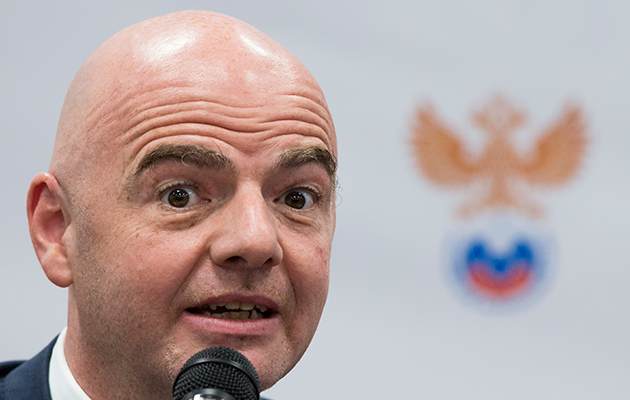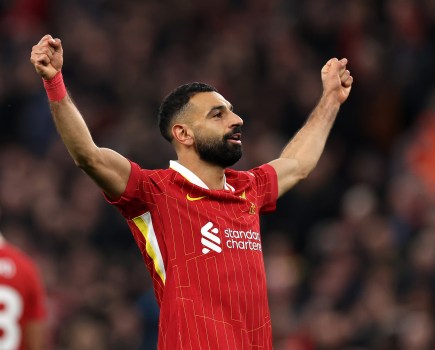Gianni Infantino and his six confederation presidents will gain extra executive powers under plans being put to FIFA Congress in Bahrain next week.
Proposed statute changes expected to be approved would also see the one ‘real’ independent member of the compensation sub-committee replaced by a world federation insider.
Other proposals hold out towards China – and its possible FIFA sponsorship candidates – the possibility of jumping the queue of potential World Cup hosts in 2030.
Officials and directors of the world football federation face a busy time next week.
The Asian confederation stages an election congress on Monday which will be overshadowed by US court allegations concerning rapidly-retreating Sheikh Ahmad Al-Fahad Al-Sabah; then FIFA Council meets the next day to prepare for congress on the Thursday.
Congress is being staged in Manama because Malaysia would not grant entry visas for Kuala Lumpur to delegates from the Israel Football Association.
The FIFA Council was created to replace the derided and disgraced executive committee under reforms agreed at congress last year. It has yet to meet in full session and will not do so even in Bahrain because delegate slots have yet to be filled by both the Asian confederation and Europe’s UEFA.
Not that this may matter too much. Under the statutes changes council would be reduced even further to a mere loose strategy talking shop with executive power vested in what is termed the bureau – president Infantino and the presidents of the six regional confederations.
The bureau is thus taking over the role and power of the old executive committee. Council members may be mollified by considerations of an increase in their basic $300,00-a-year stipends.
A summary of the change ahead states:
“The Bureau of the Council may currently only deal with matters of particular urgency. However, relevant practice has shown that there are also certain other matters that, while not being of particular urgency, should nevertheless also be dealt with by the Bureau of the Council.
“Therefore, the competences of the Bureau should be partially expanded to include certain non-urgent matters . . . Furthermore, it is proposed that there no longer be a requirement for the Council to ratify the decisions passed by the Bureau of the Council.”
So Infantino and the presidents of Africa, Asia, central/north America, Europe, Oceania and South America expand their decision-making powers without even needing to offer Council the courtesy of immediate reference.
A further amendment would permit a return of the system by which disgraced previous president Sepp Blatter created taskforces to deal with specific issues. This has already been approved by council.
The relevant summary explains:
“In order to render the activities of the FIFA Council more effective, the Council decided at its last meeting to establish Council working groups, which are composed of Council members.”
In terms of World Cup hosts, it is proposed that rotation be scrapped “if circumstances require.” This opens the door for China to bid for 2030, even though Qatar will stage 2022, if an expected Uruguay/Argentina bid for a centenary finals in South America does not come up to scratch.
The system for deciding on FIFA senior officials’ pay also comes in for review. At the moment the compensation subcommittee is chaired by the audit president assisted by the finance committee head plus an outside independent expert.
This latter role is currently filled by German corporate finance specialist Peter Braun.
Under new proposals Braun would be replaced by the governance committee chairman – Portugal’s Miguel Poiares Maduro. This does not represent a problem since, according to FIFA, he would fulfil “the requirement of independence as defined in the FIFA Governance Regulations.”







